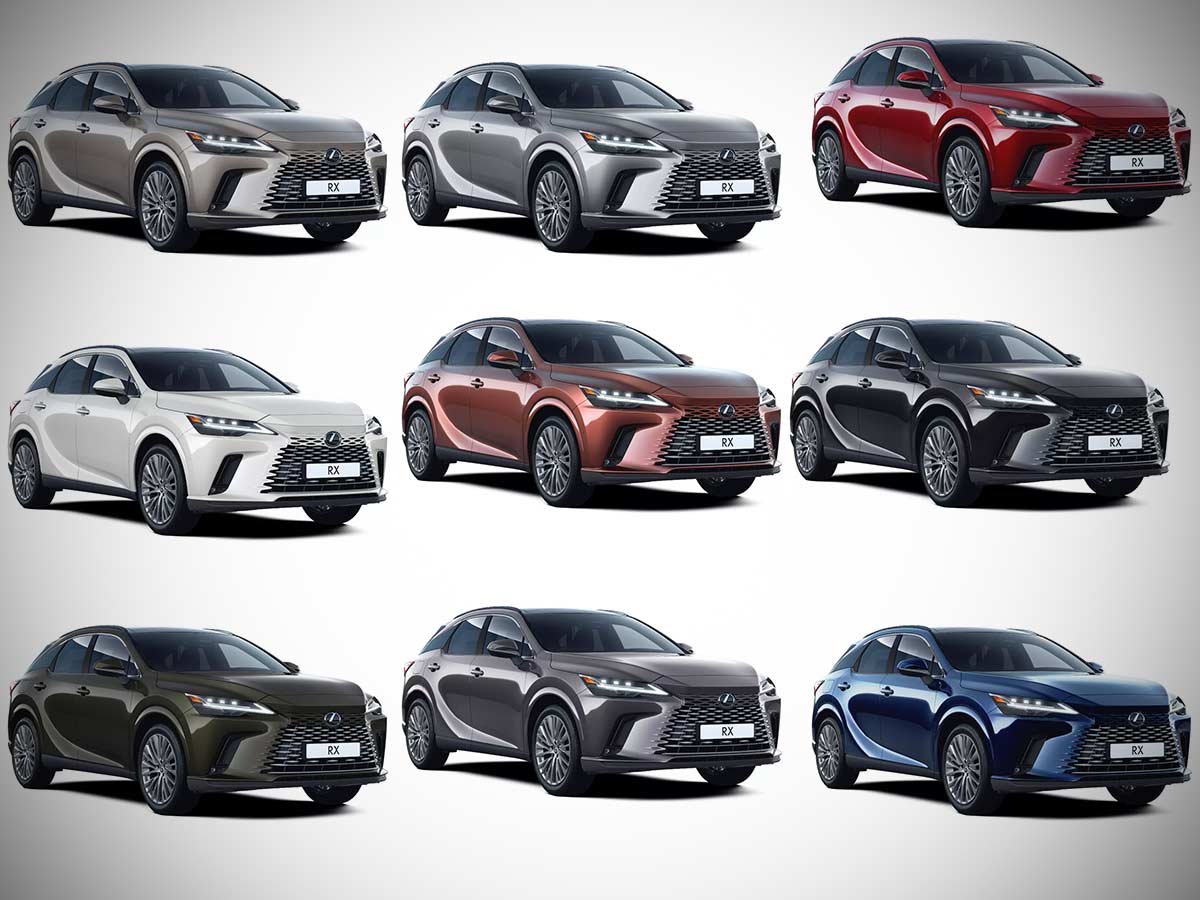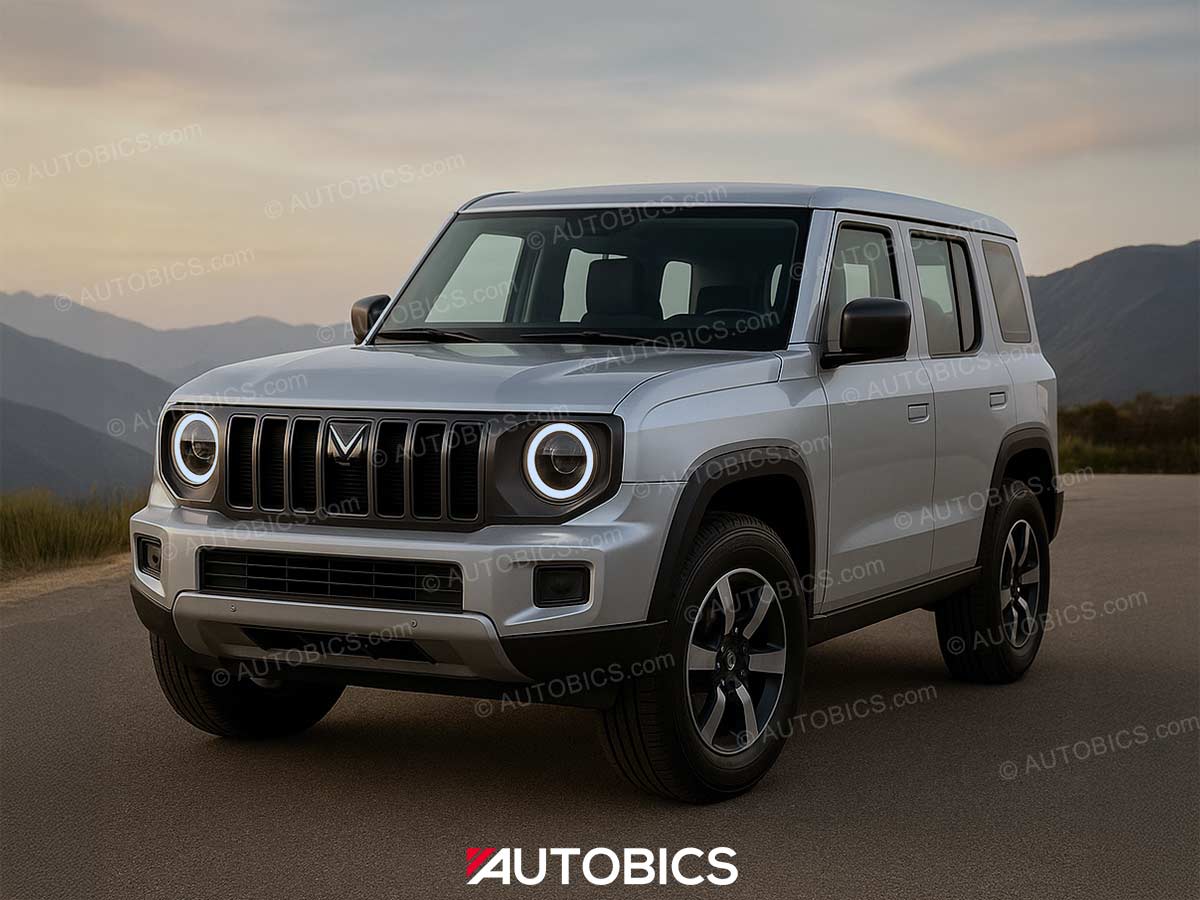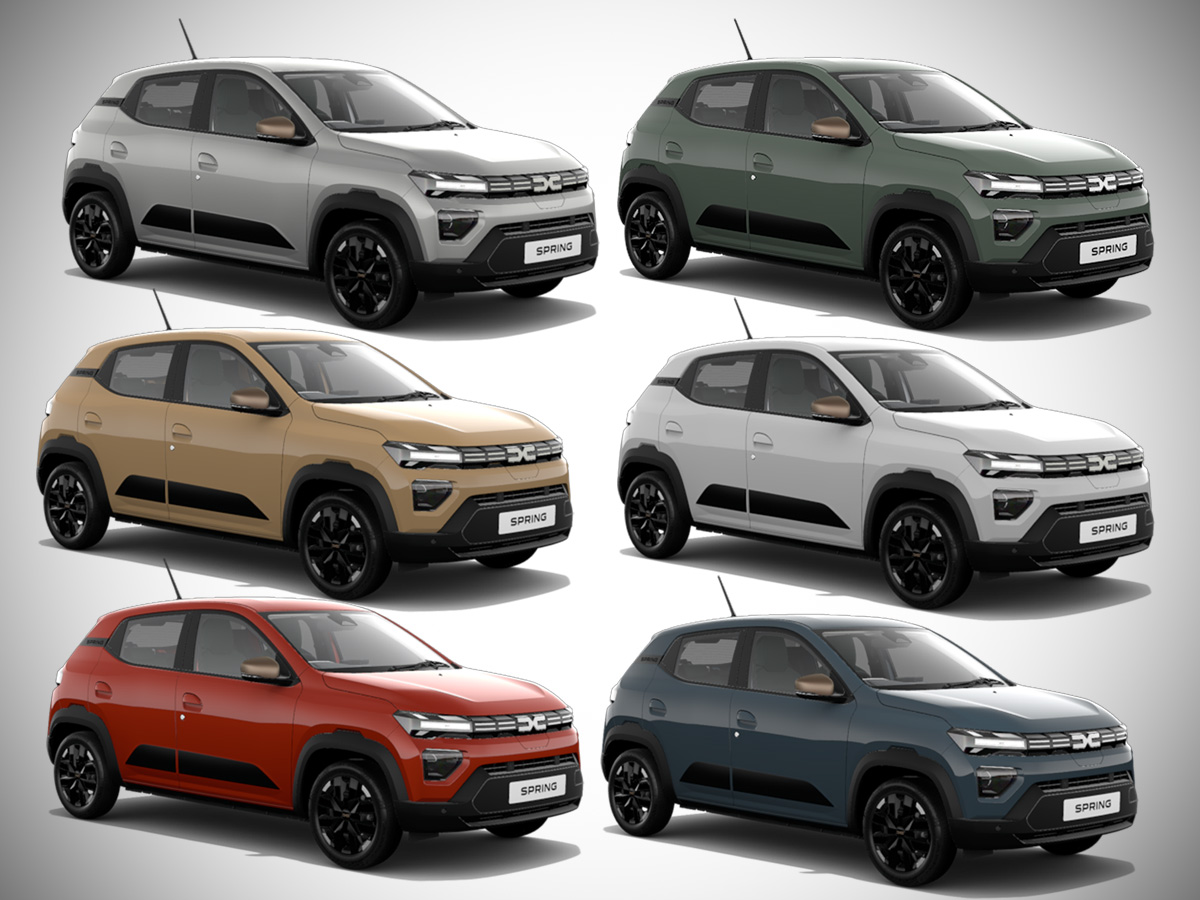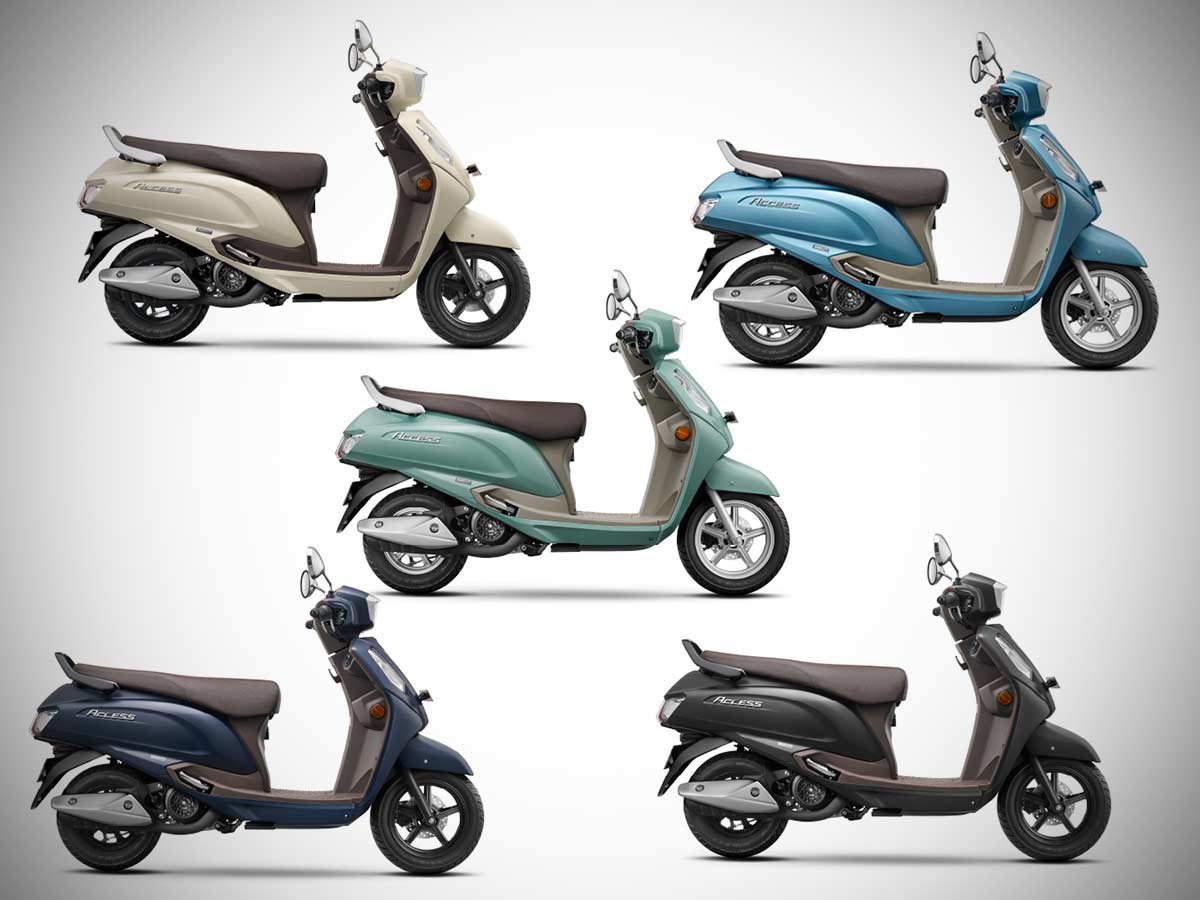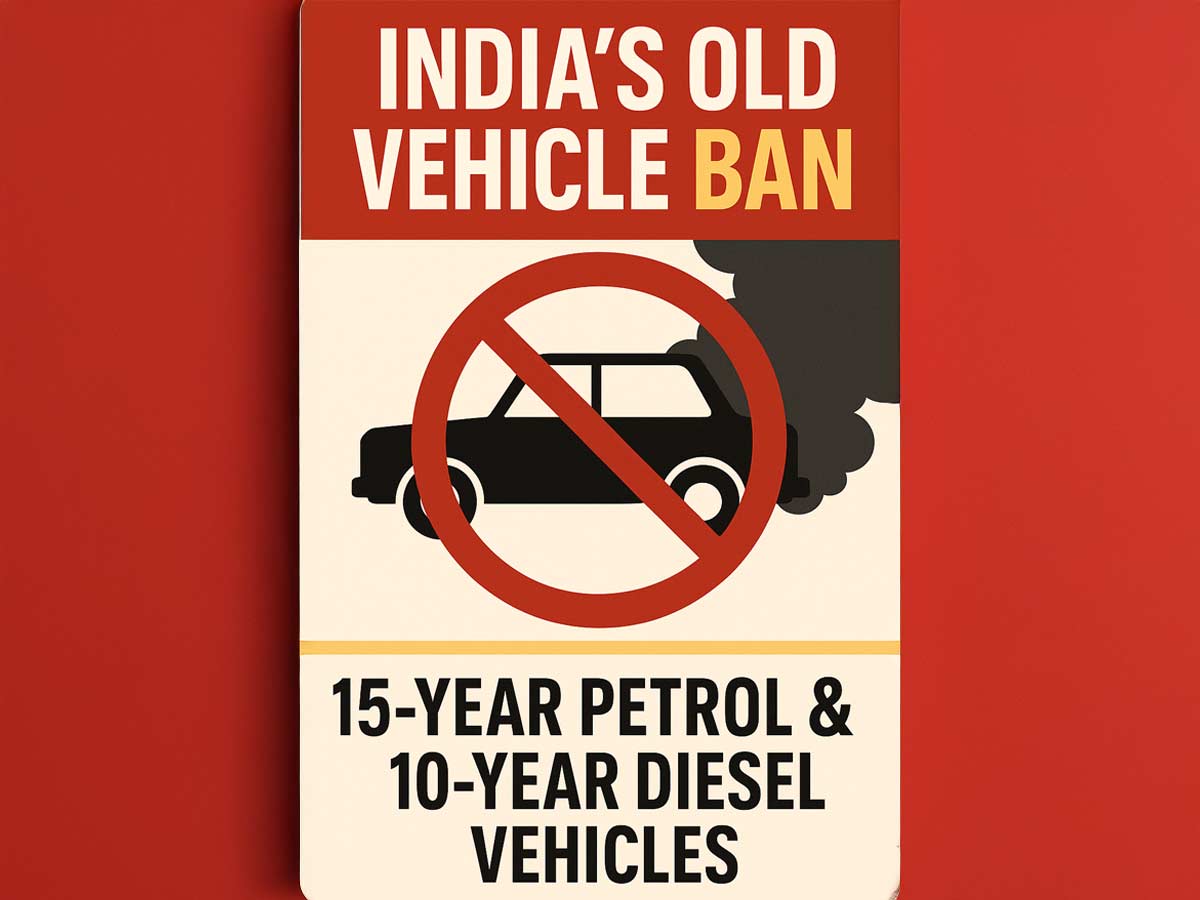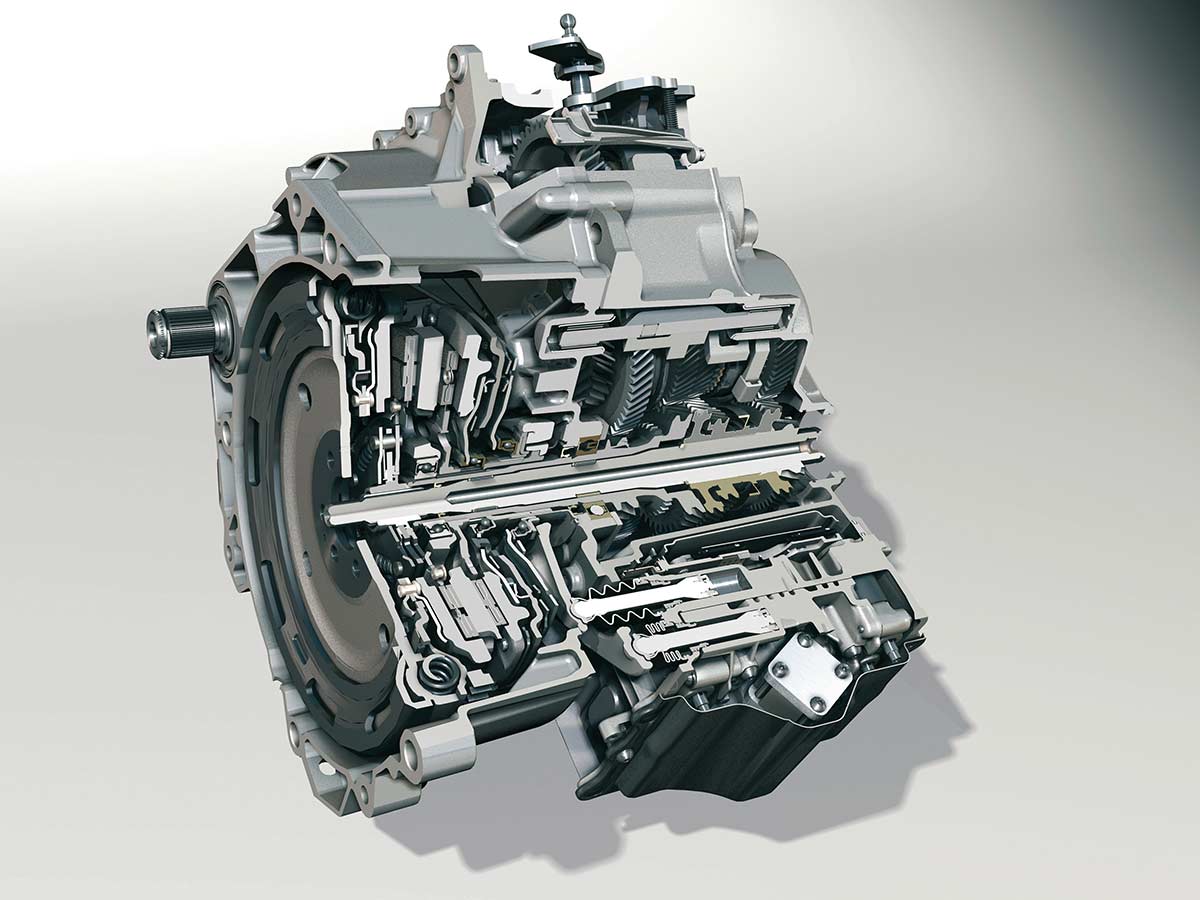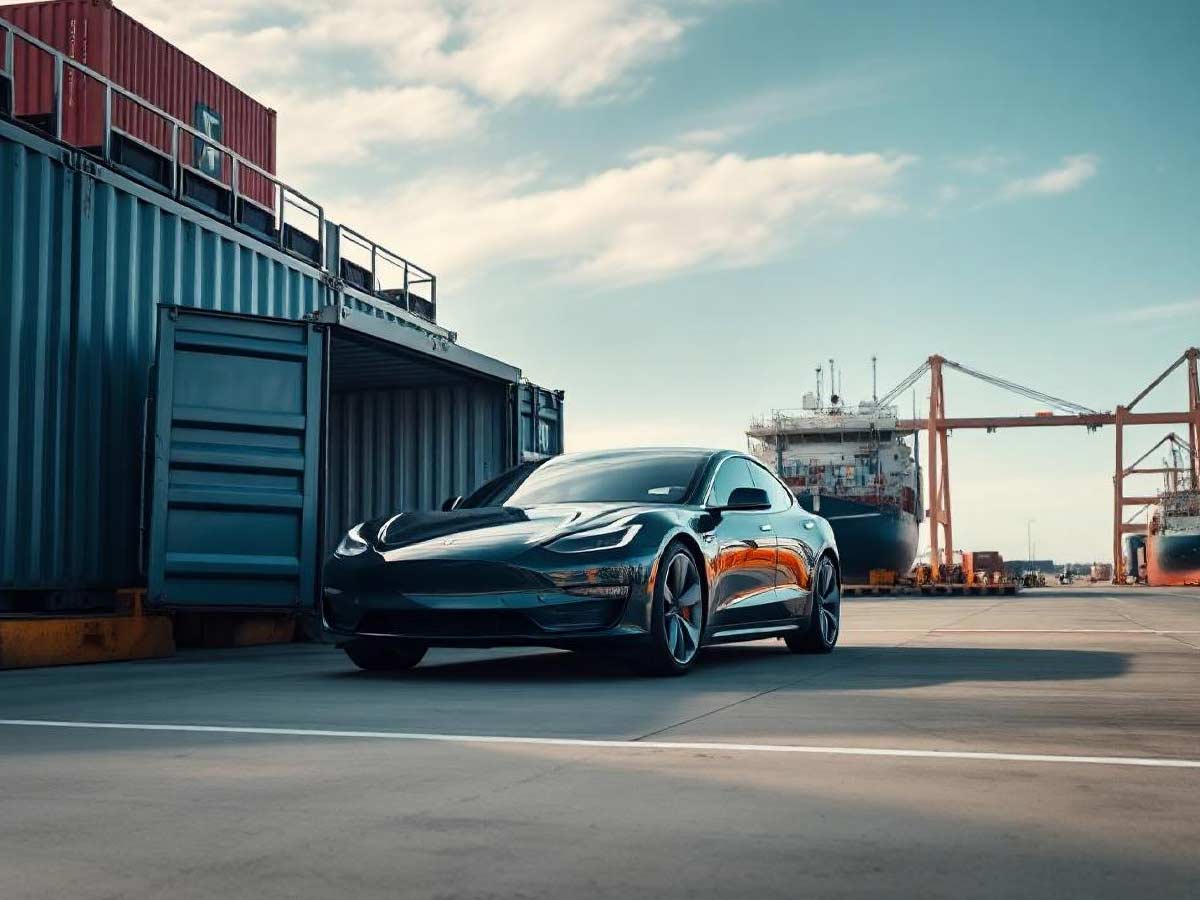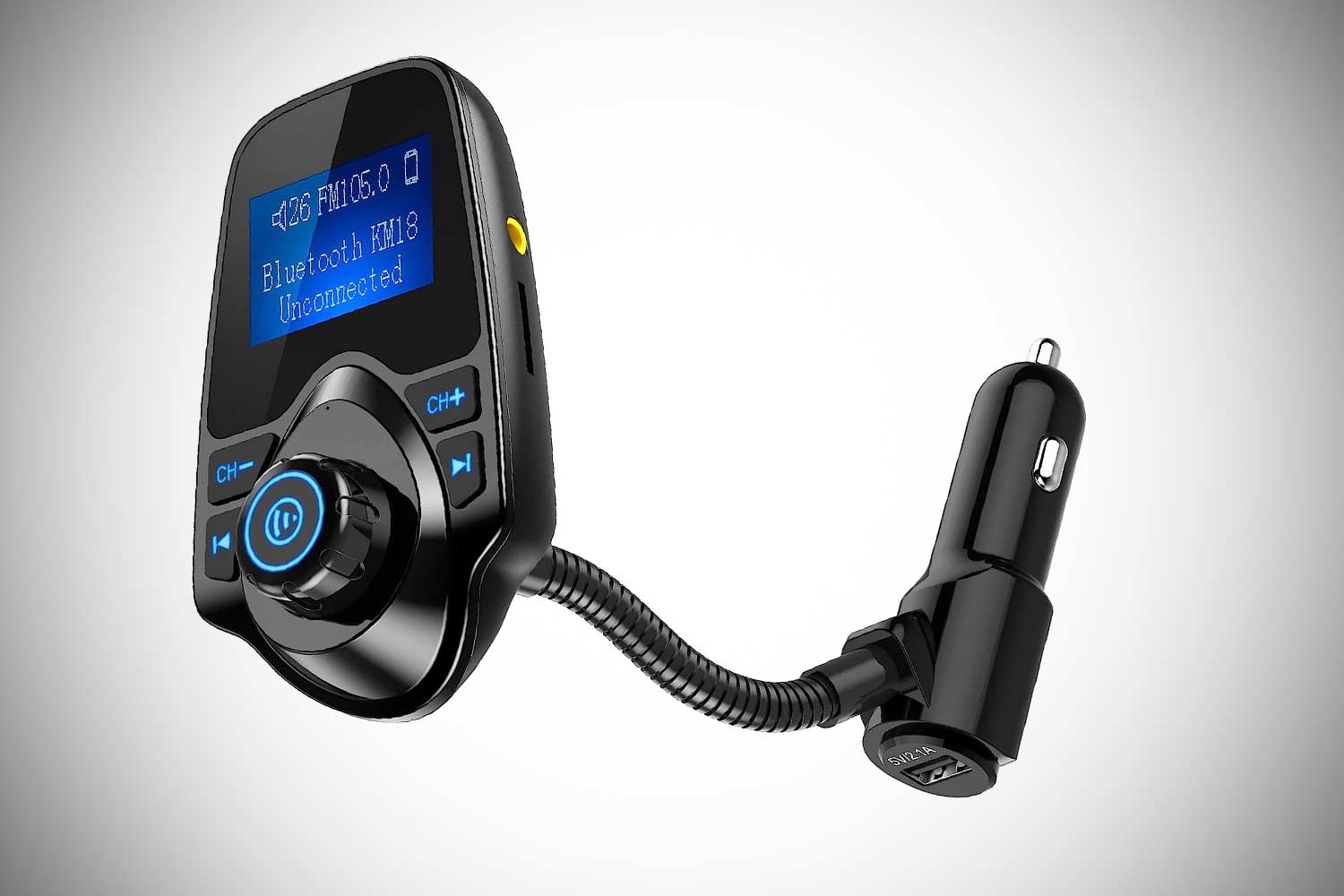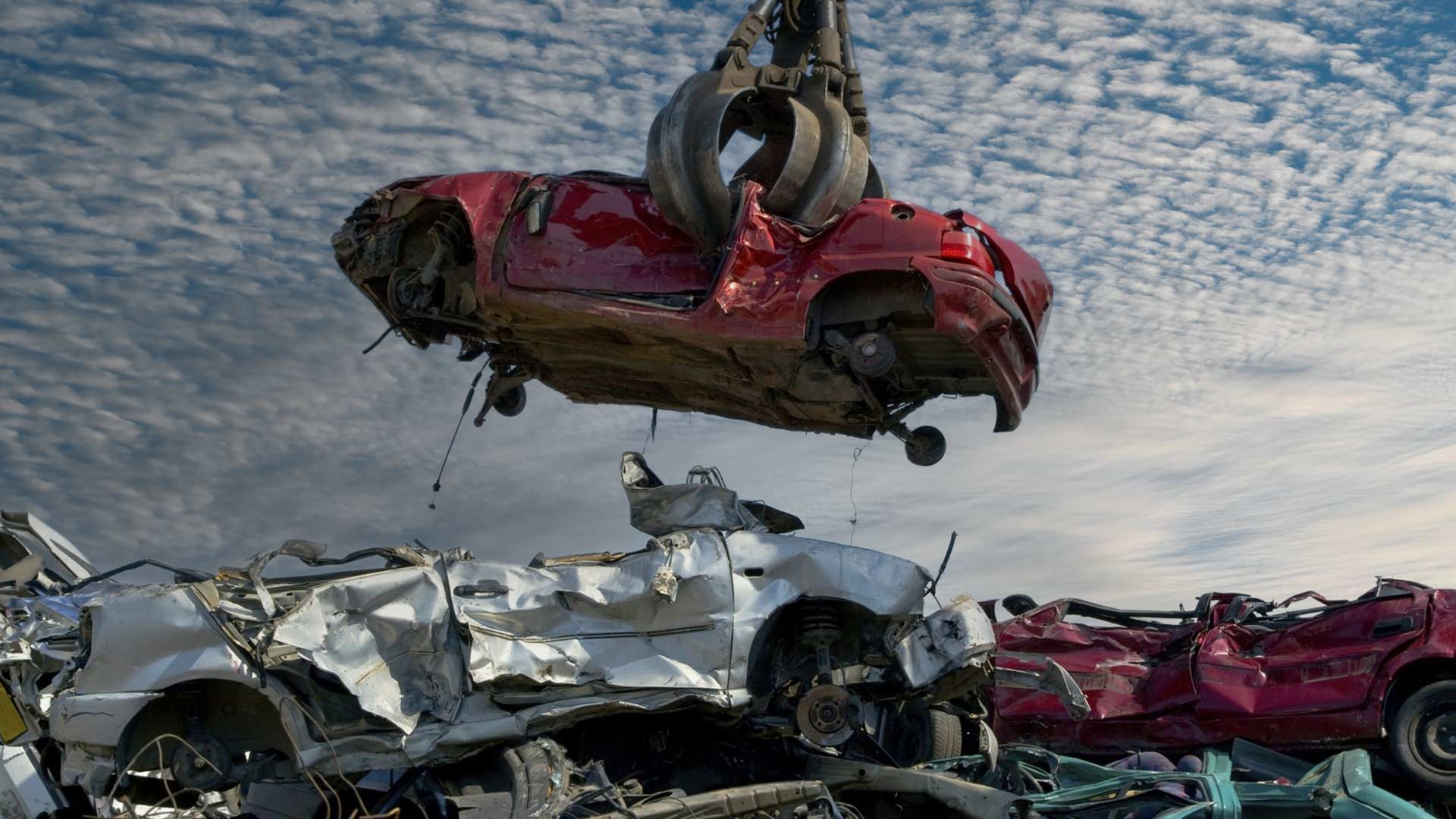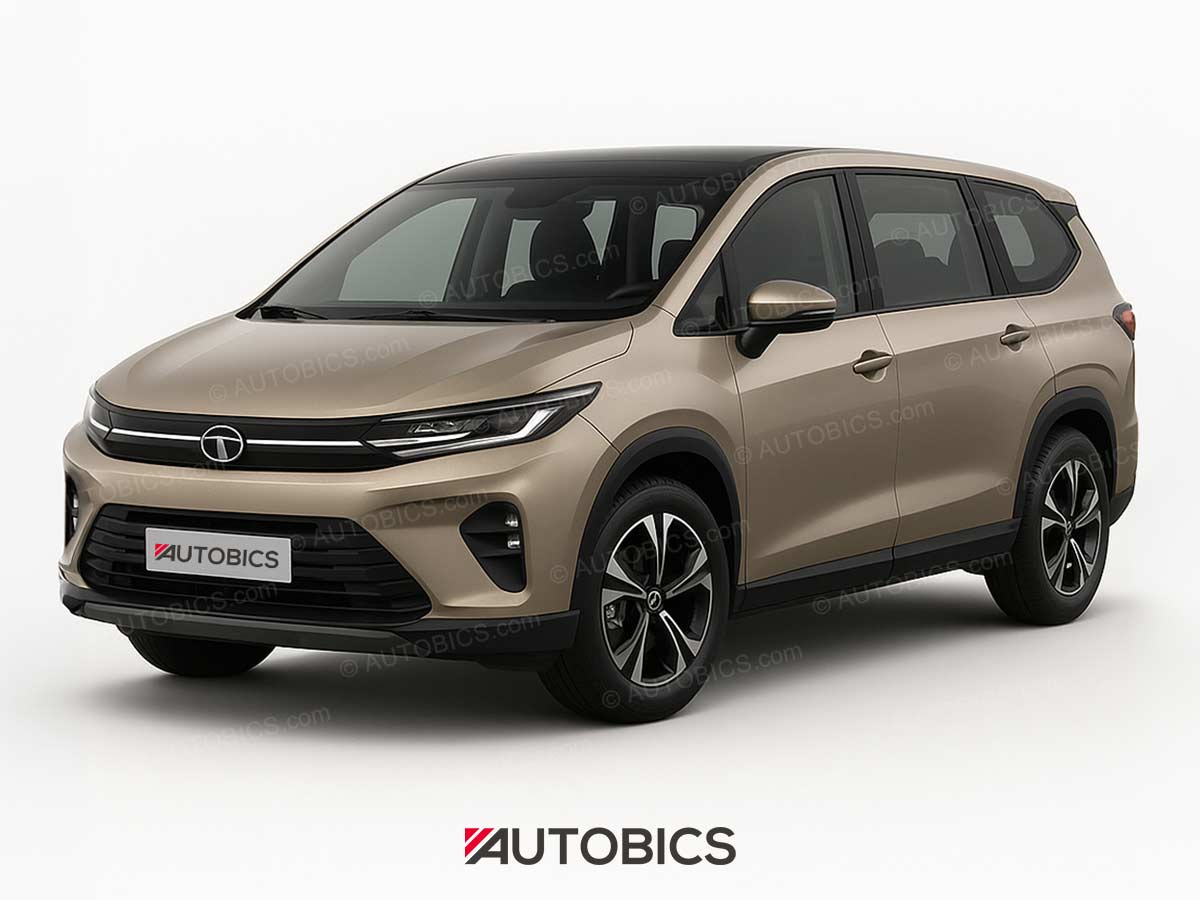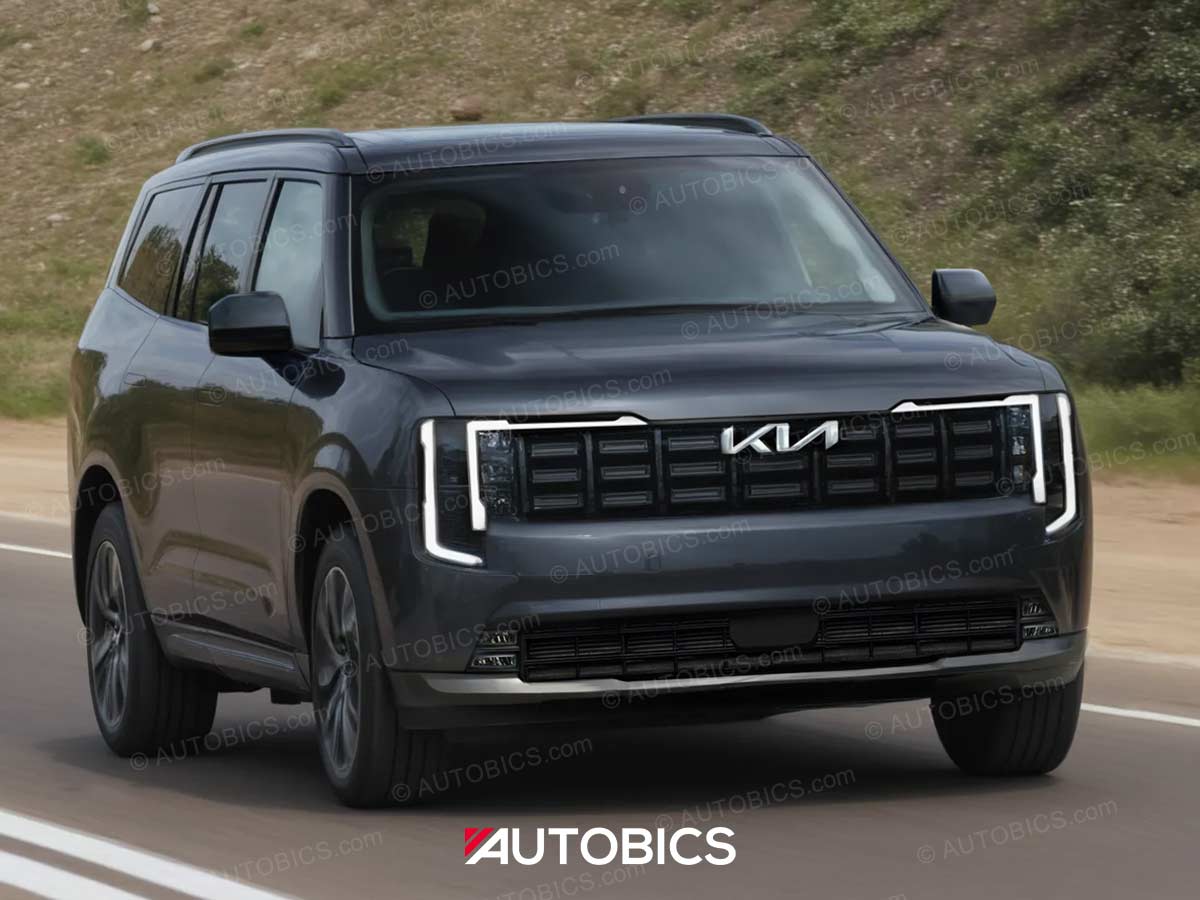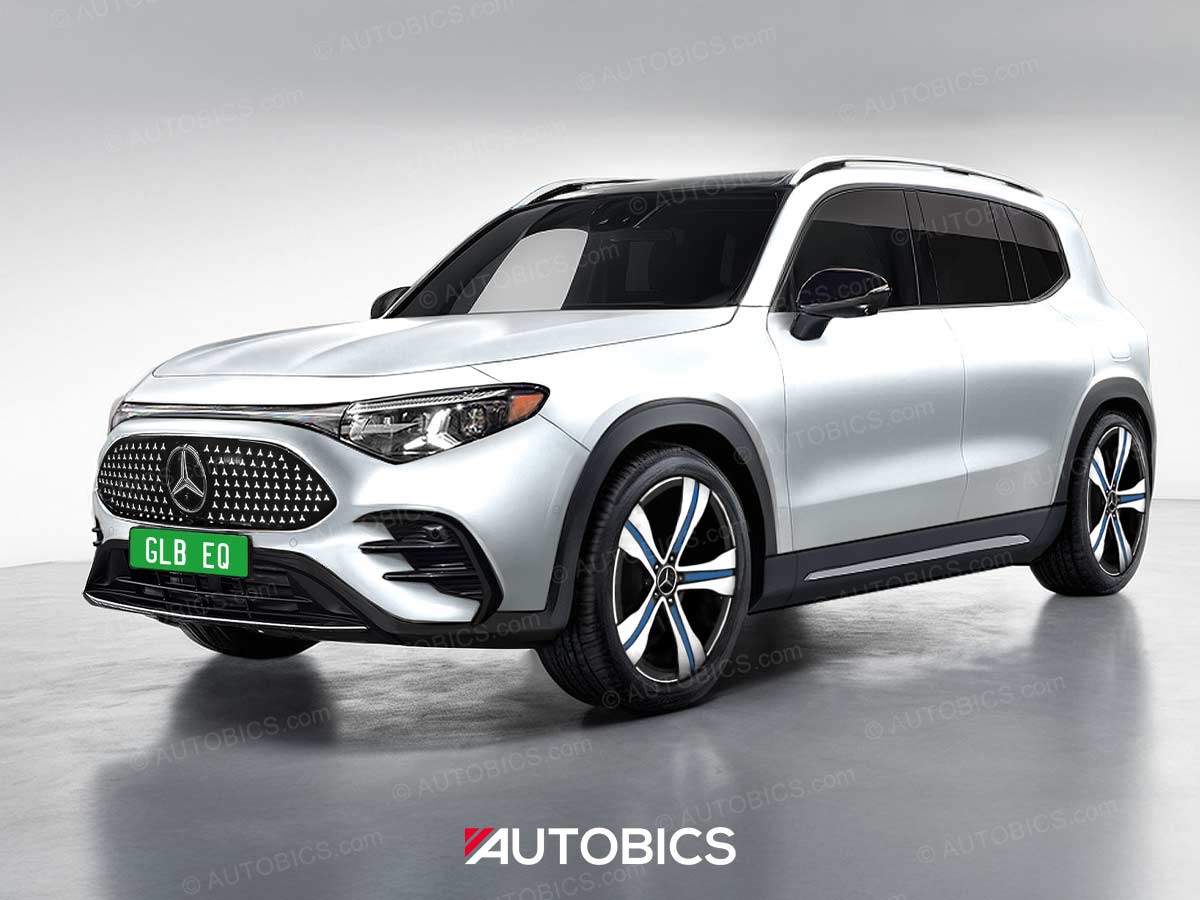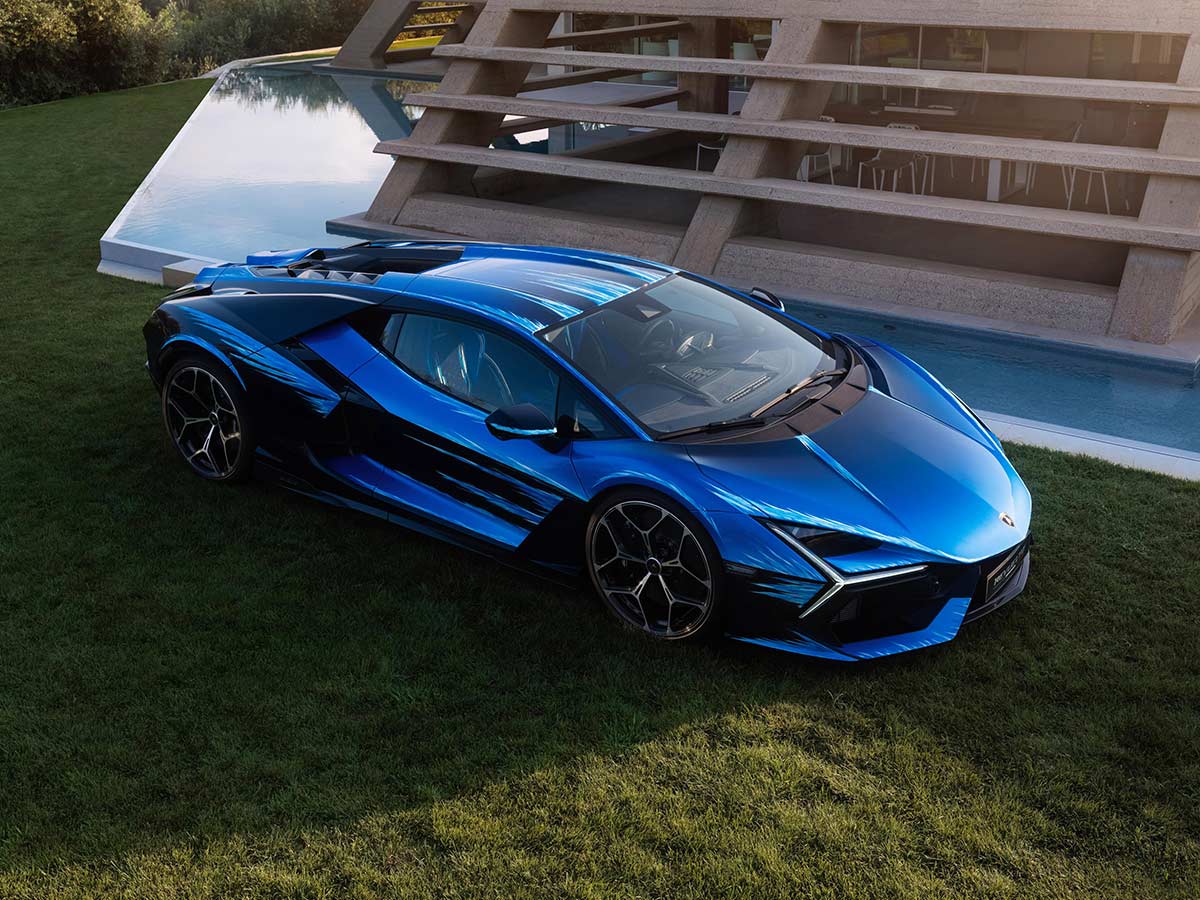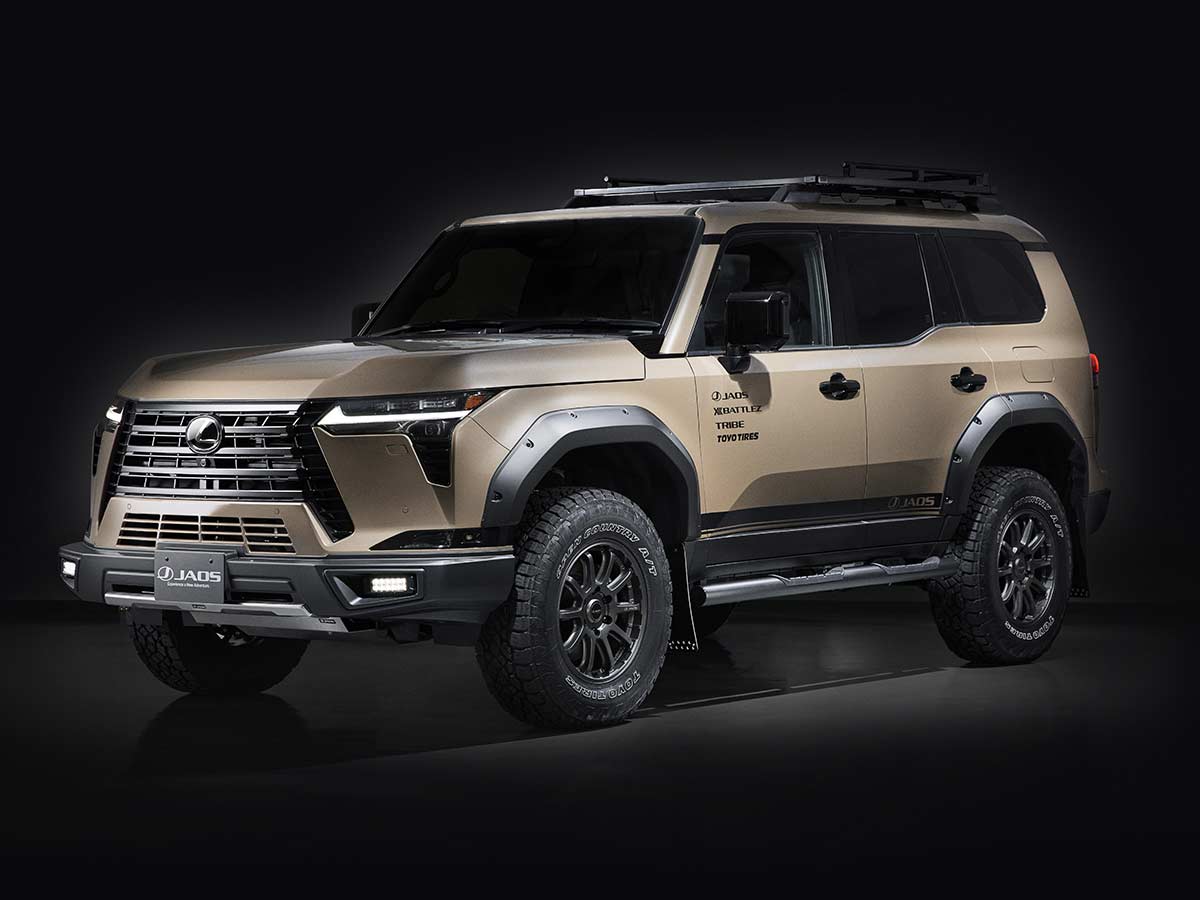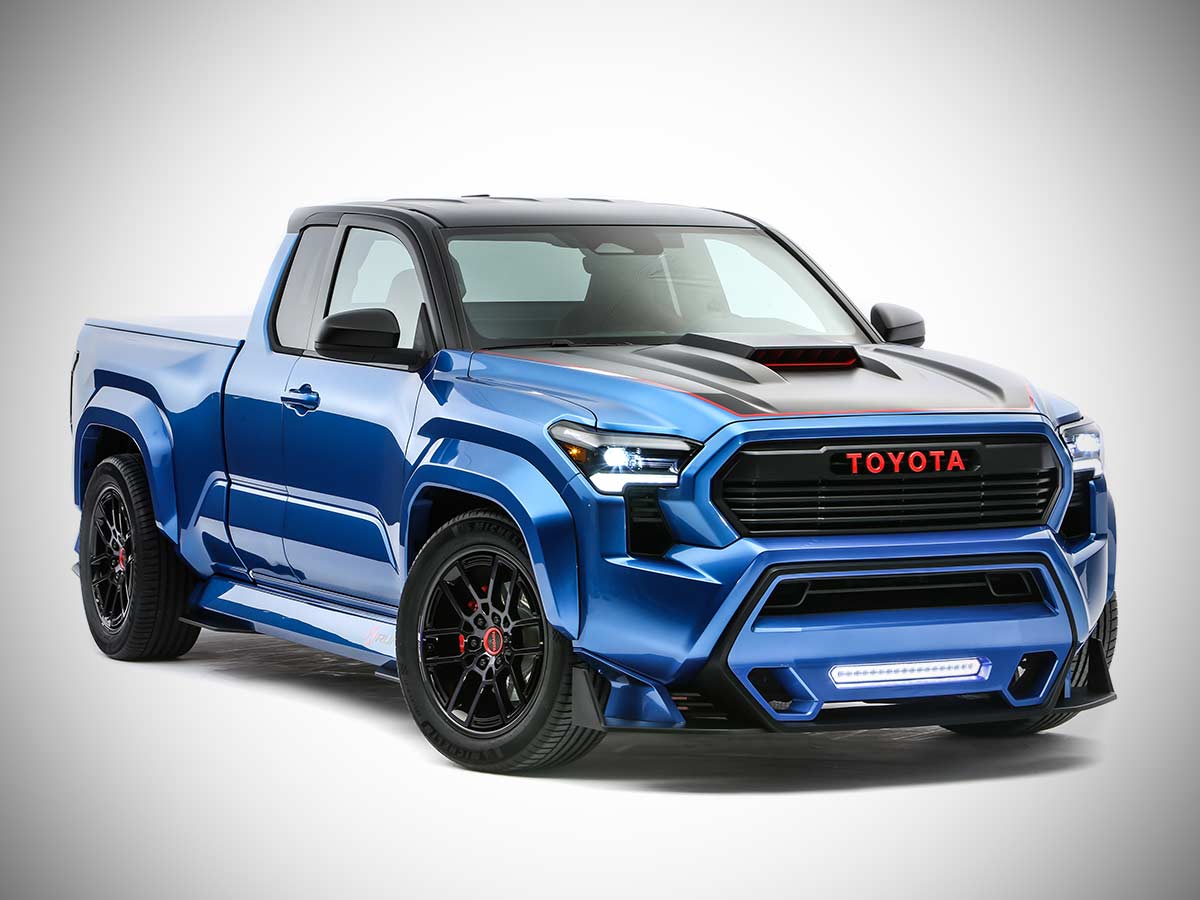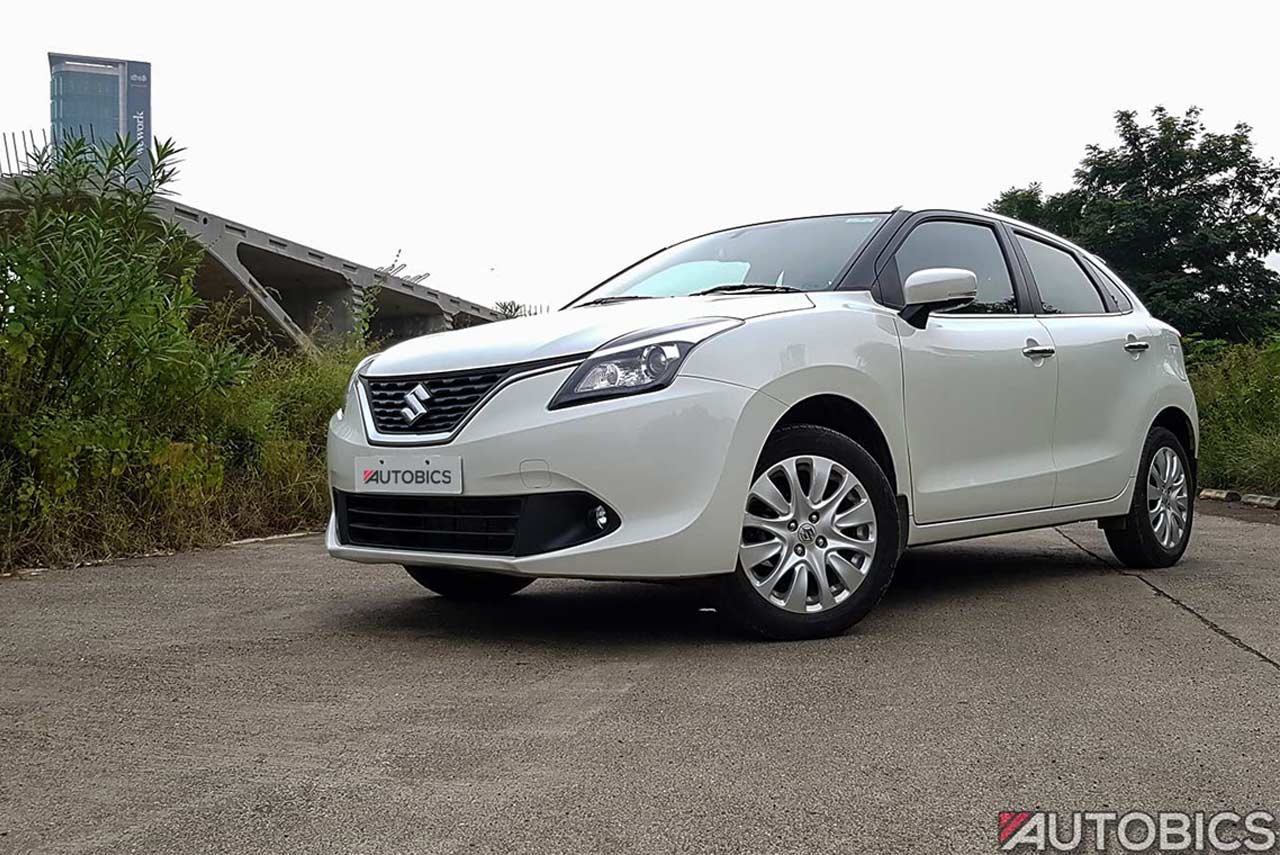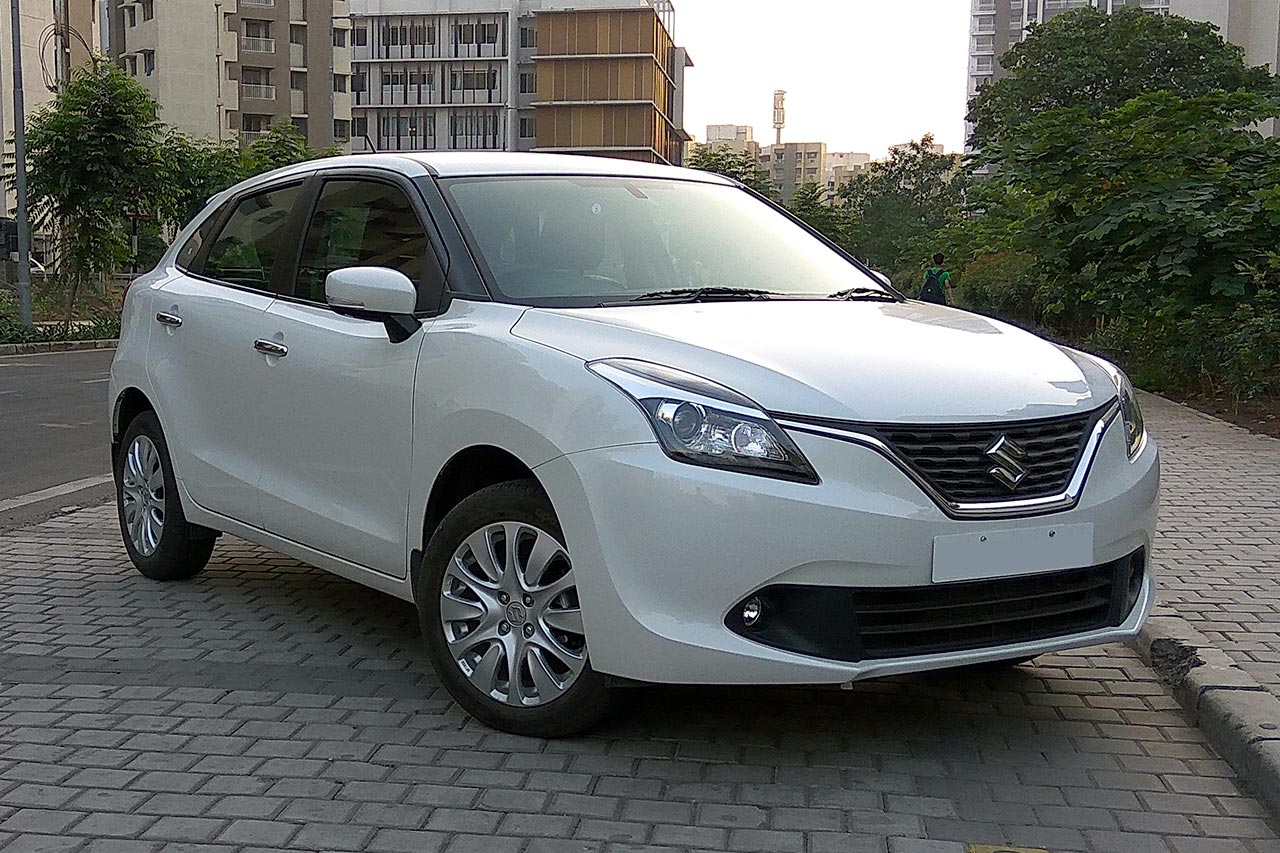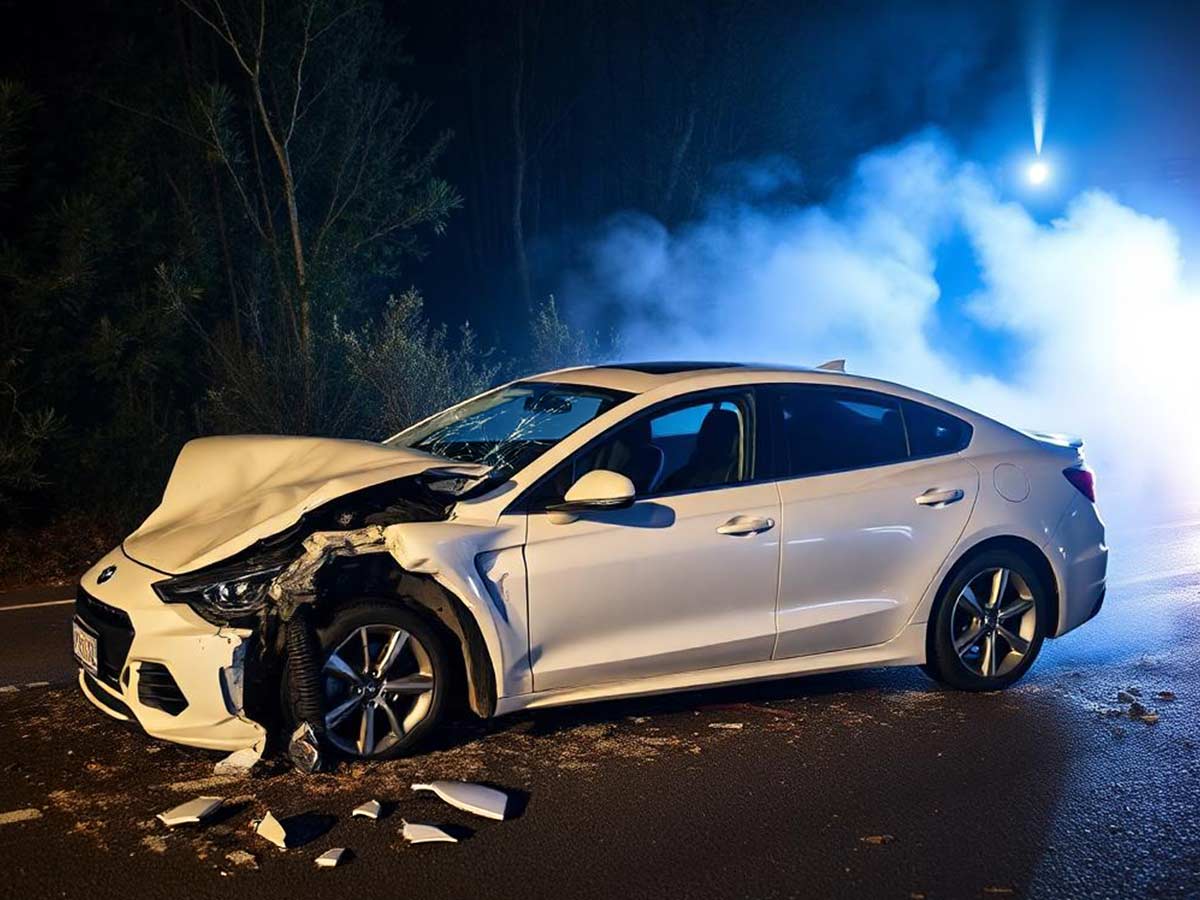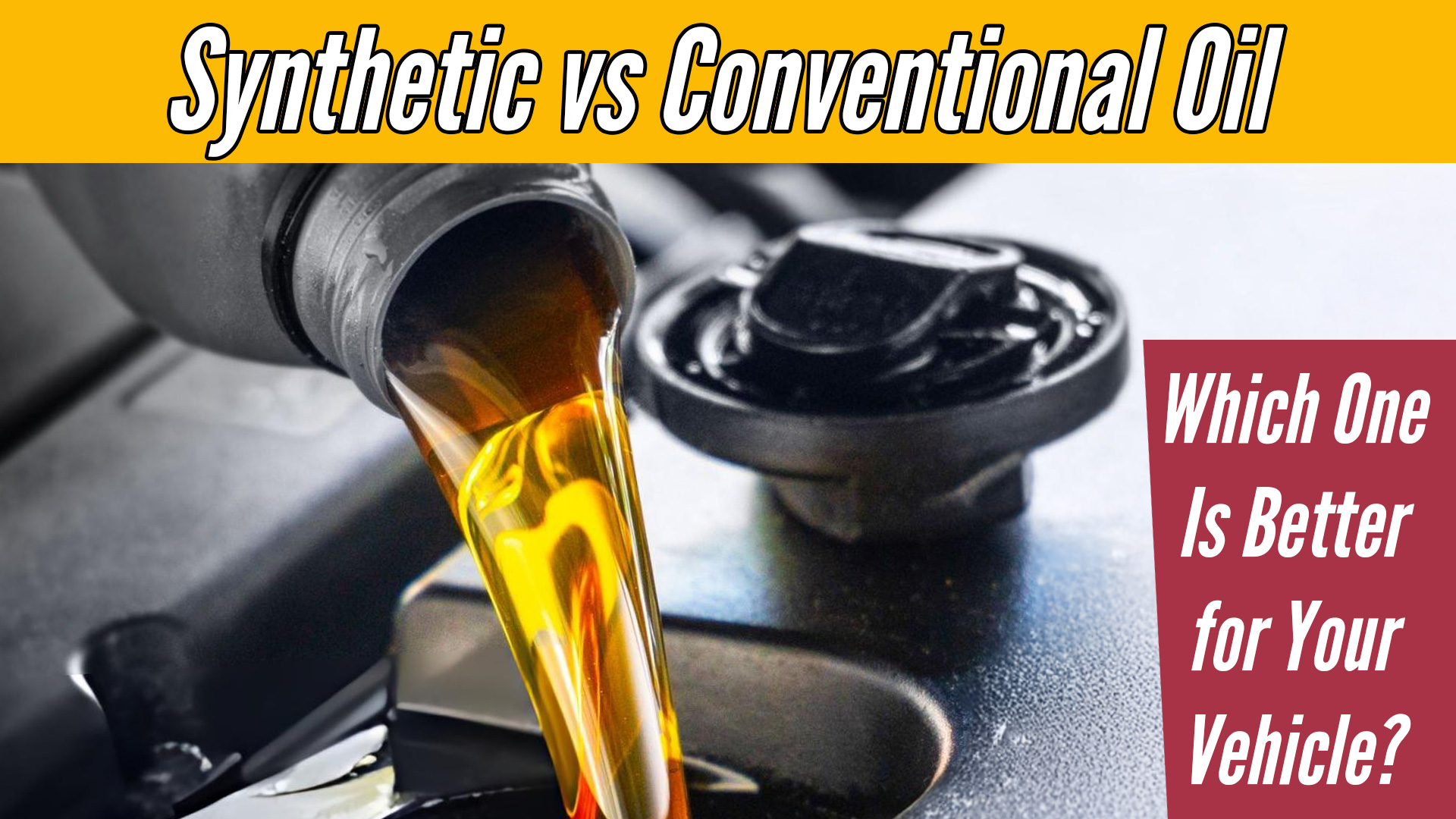When it comes to one of the most significant purchases in your life, the decision between used vs new cars often feels like a high-stakes balancing act. With a myriad of factors to consider—from upfront costs and depreciation to maintenance expenses and financing incentives—it’s no wonder that car buyers worldwide grapple with the question: “is it better to buy a new or used car?” In this comprehensive guide, we’ll dive deep into the financial, practical, and even environmental considerations of buying new vs used car so that you can make an informed decision that suits your lifestyle and budget.
>>> Great Discounts on Car & Bike Accessories <<<
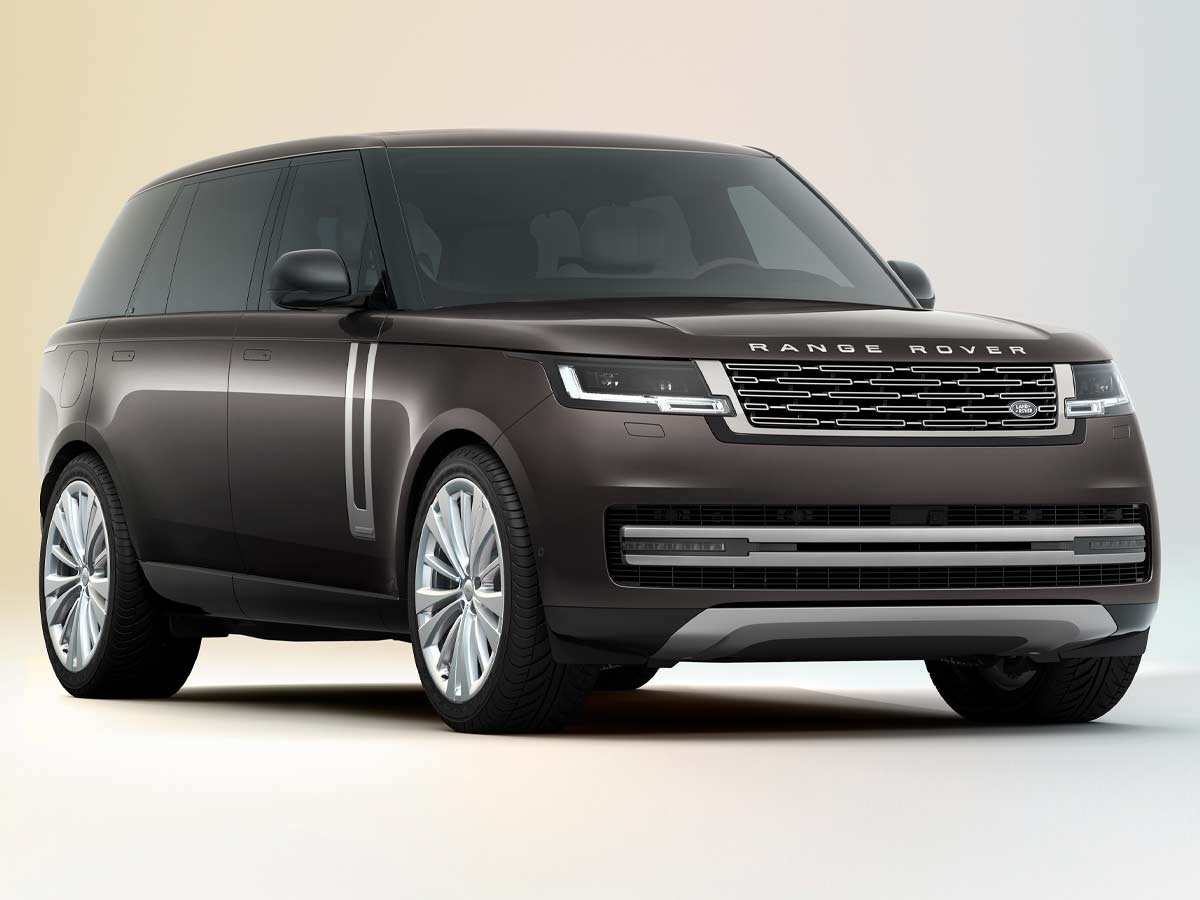
The Cost Equation: Upfront Price and Beyond
Upfront Costs and Sticker Price
One of the first and most apparent differences in the new car vs used car debate is the purchase price. New cars come with a premium, reflecting their latest technology, warranty coverage, and that coveted “fresh off the lot” appeal. For many, buying a new car versus a used car means paying extra for the allure of modern design and advanced features. According to industry insights, new vehicles can depreciate by as much as 20% to 30% in the first year alone—a financial reality that prompts many to ask, “is it better to buy a car used or new?”
Conversely, used cars offer a substantial saving right from the start. With much of the initial depreciation already absorbed by the previous owner, buy a new car vs used car becomes an attractive option for budget-conscious buyers looking to secure more value for their money.
Financing Incentives and Deals
When evaluating buying a new car or used car which is better, financing options often tip the scales. New cars typically come with enticing manufacturer incentives, low-interest financing rates, and cash-back offers. These promotions can sometimes narrow the gap between new and used vehicles’ overall costs. However, while these deals can make buying new versus used car more appealing, it’s essential to consider the long-term implications of that initial deal—especially when you factor in depreciation and resale value.
Depreciation: The Silent Expense
The Depreciation Curve
One of the most critical factors in the used vs new cars debate is depreciation. New vehicles lose value rapidly during the early years, with the steepest drop occurring in the first 12 to 36 months. This phenomenon means that even if you secure a great deal on a new car, it could be worth significantly less if you decide to sell or trade it in later. A frequently cited statistic in the automotive industry is that a new car can lose up to one-third of its value in just the first year.
In contrast, when you choose a used vehicle, much of that rapid depreciation has already occurred. This slower rate of depreciation often translates to better long-term value retention, making buying new versus used car a financially savvy move for many buyers.
Real-World Impact on Investment
Consider this perspective: if you plan on owning your vehicle for a long period, the initial depreciation hit of a new car might not impact you as severely as it would someone who frequently changes cars. Nonetheless, for the average buyer who considers resale value a vital aspect of the overall cost equation, buying a new car or used car which is better becomes a balancing act between initial enjoyment and long-term financial benefits.
Long-Term Ownership: Maintenance, Repairs, and Insurance
Maintenance and Repairs
Ownership costs extend far beyond the initial purchase price. Buying new vs used car requires a careful look at maintenance and repair expenses. New cars often come with extensive warranties and complimentary maintenance plans for the first few years, which can mitigate unexpected costs. However, as the vehicle ages, even new models may require more frequent repairs.
Used cars, on the other hand, might have higher maintenance costs, especially if they are out of warranty. That said, many used vehicles are now available as certified pre-owned (CPO) models. These vehicles undergo rigorous inspections, come with extended warranties, and often offer a middle ground between traditional used cars and brand-new ones—making buying new versus used car a nuanced decision that hinges on the reliability history of the specific model.
Insurance Premiums
Insurance is another recurring expense where new car vs used car differences become apparent. Generally, new cars carry higher insurance premiums due to their higher replacement costs. In contrast, used cars often come with lower premiums, providing additional savings over the lifetime of the vehicle. When you weigh is it better to buy new car or used, lower insurance costs can be a compelling argument in favor of purchasing a used vehicle.
Resale Value and Market Trends
Predictability and Market Fluctuations
When planning for the future, resale value is a critical element in the used vs new cars discussion. New cars, despite their initial appeal, often suffer from rapid depreciation which can significantly diminish their resale value. A well-maintained used car, however, usually offers a more predictable depreciation curve. This predictability means that if you plan to sell or trade in your car down the road, you might recoup a larger percentage of your investment with a used car.
Global Market Considerations
Globally, the automotive market has seen diverse trends. In some regions, robust certification programs have bolstered the appeal of used cars, while in others, consumers still favor the reliability and prestige associated with new vehicles. Thus, when considering buying new versus used car, it’s important to examine local market conditions and consumer preferences. For example, in countries with high import taxes on new vehicles, the used car market might offer more value for money, making is it better to buy a car used or new highly dependent on geographic factors.
Environmental and Technological Considerations
Fuel Efficiency and Emissions
Environmental concerns also play a significant role in the new car vs used car debate. Newer models are generally designed to be more fuel-efficient and emit fewer pollutants, aligning with stricter environmental standards worldwide. For buyers concerned about their carbon footprint, buying new versus used car might lean towards new vehicles, even if they come at a premium. However, the environmental impact of manufacturing a new car is significant, and some argue that extending the life of a well-maintained used car is a more sustainable choice overall.
Technological Advancements
The rapid pace of automotive innovation means that new cars are packed with advanced safety features, infotainment systems, and driver-assistance technologies. These features not only enhance the driving experience but also contribute to long-term savings by preventing accidents and reducing repair costs. However, technology in used cars has advanced considerably over the past decade, with many models offering similar levels of modern features as their newer counterparts. Therefore, the decision of buying a new car versus a used car may come down to which features are non-negotiable for your driving experience.
Expert Opinions and Consumer Insights
Industry Voices
Automotive experts often stress that there is no one-size-fits-all answer when it comes to buying new vs used car. For instance, one industry veteran noted, “When deciding is it better to buy a new or used car, it’s essential to consider not just the purchase price but the entire lifecycle cost—from depreciation and financing to maintenance and resale value.” This sentiment is echoed by many consumer reports and financial advisors who recommend a holistic view of vehicle ownership.
Consumer Surveys and Studies
Recent surveys have shown that a significant percentage of car buyers now lean towards used cars, primarily due to the steep depreciation curve associated with new vehicles. A study highlighted by several consumer finance websites pointed out that nearly 60% of buyers consider depreciation the most critical factor when choosing between new and used vehicles. Moreover, with the rise of certified pre-owned programs, the reliability gap between new and used cars is narrowing, making the buying new vs used car decision more about personal preference and less about inherent risk.
Practical Tips for Making the Decision
Assess Your Financial Situation
Before deciding is it better to buy a new or used car, start by evaluating your financial health. Consider not only the purchase price but also monthly payments, insurance premiums, maintenance costs, and potential repair expenses. Creating a detailed budget can help clarify which option—buy a new car vs used car—fits your financial plan best.
Research and Compare Models
Whether you lean towards buying a new car or used car, thorough research is paramount. Compare models, check vehicle history reports for used cars, and read reviews from reputable sources. Tools like Kelley Blue Book and Edmunds offer valuable insights into depreciation rates, market trends, and consumer satisfaction, providing a clearer picture of what you’re investing in.
Consider Your Long-Term Goals
Think about how long you intend to keep your car. If you plan to drive your car for many years, the initial cost difference may become less significant compared to long-term reliability and maintenance costs. Conversely, if you anticipate upgrading frequently, the resale value might be a more crucial factor in your decision-making process. Balancing these considerations will help you determine whether buying new versus used car is the smarter financial choice.
Get a Professional Inspection
If you’re leaning towards a used vehicle, always invest in a comprehensive professional inspection. This can help uncover any hidden issues and ensure that your chosen car is in good condition. Such diligence not only safeguards your investment but also enhances your confidence in the buying new vs used car decision.
The never ending debate
The debate between used vs new cars is far from black and white. While new cars offer the latest technology, enhanced safety features, and attractive financing options, they come with the downside of rapid depreciation. Used cars, with their lower upfront cost and slower depreciation, provide significant long-term savings but may require additional attention regarding maintenance and potential repairs.
Ultimately, the decision on buying new vs used car hinges on your financial situation, driving needs, and personal preferences. By understanding the full spectrum of costs—from depreciation and maintenance to insurance and resale value—you can make a choice that not only saves you money but also fits your lifestyle and long-term goals.
Remember, there is no universally correct answer to “is it better to buy a new or used car?” Instead, it’s about aligning your choice with your priorities and being well-informed every step of the way. Whether you opt for a brand-new model or a well-maintained used vehicle, the key is to make a decision that brings you both peace of mind and financial prudence.
By taking the time to explore every facet of the new car vs used car debate, you’re better equipped to choose the option that truly saves you money in the long run. Share this guide with fellow car buyers who are navigating this complex decision-making process—it might just help them steer in the right direction.
Happy car hunting, and may your next ride be both a joy to drive and a smart investment!

